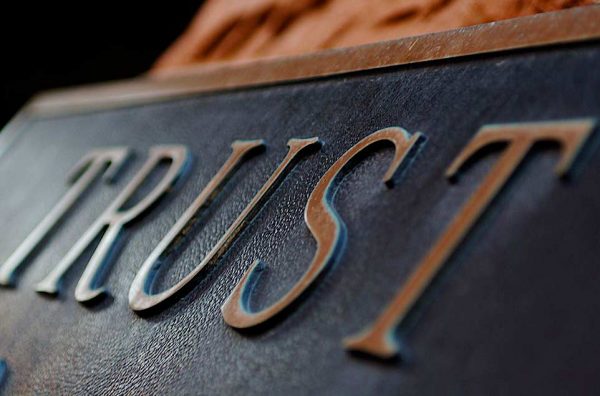How can you know someone’s true motives?
On Tuesdays I write about the top voted question on Ask Berkun (see the lovely archive). This week’s question came from Faisal [22 votes]:
Appearances can be deceptive. How can I, as someone who tends to accept things at face value, develop the habit of searching for true motives of others?
In a practical sense the answer is easy: stop accepting things at face value! You need to ask more questions and think critically about the people you encounter. There are three ways to do this, all listed below.
However at a philosophical level, people are complicated. We often have multiple motives, some of which we might not fully understand when we act. Often we’re conflicted about our desires, regardless of what actions we take. And the reasons that drive our choices in life change over time: we don’t live life with a single consistent unwavering motive for anything. The more intimate the relationship you have with a person, the more complex (and possibly rewarding) it can be to understand their intentions and how your choices impact each other.
That said, here are three ways to try to know why someone does what they do.
1. Ask them
Few people take the time to simply ask direct questions to people they encounter. Somehow it seems rude or confrontational, but if done in a friendly way it can enhance your mutual understanding of each other. To ask something like “thanks for helping me move my things, but I’m curious: why are you helping me?” raises the sophistication of your interaction. Instead of just being a transaction (e.g. buying you a cup of coffee), it now because a personal conversation about intentions and expectations (e.g. how do you relate to me or to people in general? Do you expect something in return? Is this about your own sense of identity?). What they say and how they say it will give you more data to consider about their motives than the actions they take alone.
2. Exercise your judgement
Any new experience can always be compared to past ones that are similiar. You simply need to ask yourself questions like:
- What are the possible reasons, positive and negative, why this person is behaving in this way?
- What reputation have they earned with me (or with others) in the past that I can put this recent act into context with?
- In the past who else do I know that has behaved this way? What did their intentions turn out to be?
If you can make a list of similiar situations, and think through who else you’ve known in your life who you’ve been in them with, you’ll naturally engage your own deeper judgement.
3. Use the judgement of others
You can always ask someone you trust for their opinion. This can be particularly valuable if your trusted friend also knows the person you’re curious about. Simply ask them: “Hey Jane: Rupert keeps buying me coffee every morning. What do you think this means?” Maybe they’ve known Rupert for years as a friendly, generous person, and the gesture is nothing more than that. Or perhaps they share some insight into how Rupert is up for a possible promotion, and is trying to subtly raise people’s awareness of what he does around the office.
In the end we have to decide how much we trust other people and there is no perfectly foolproof way to do that. Sometimes we trust people too much and other times we don’t trust them enough. But if we’re honest with ourselves, we can learn from each oversight, and slowly approach a more accurate way to assess both why the people around us make the choices that they do, and who in our lives is worthy of our deepest trust.


As someone similarly prone, I would add that there is a step before the straightforward, effective advice you’ve offered..
Techniques to finding true motives will only be exercised when there is a _search_ for true motives (or other subtext/context). Some people have learned to look beneath the surface, to contextualize and interpret. Others take things as they are presented.
If one wanted to train themselves to _engage_ in this scrutiny, my advice would be to convince themselves that there is something deeper to look for. This can be done by discussing with others what lay beneath their past actions/words, reflecting on what lies beneath our own, perhaps reading reflections/explorations by others.
Reaching a realization that there is often more than meets the eye and that it is significant to correctly understanding that which does, ought to help trigger that scrutiny – a scrutiny which can be carried out using the tools you have described and others.
Initially this may require actively reminding yourself to look deeper, which with repetition (training) will become second nature.
It seems most often it’s only when we’re surprised by someone’s behavior that we’re given cause to apply more scrutiny next time. The old adage ‘fool me once, shame on you, fool me twice, shame on me’ applies in a way here, only that it’s not about the same person. Instead we’re supposed to learn from one experience with one person and add it to our thinking about the next person we come across.
I think this is what prompts the question.
Many develop wariness (or cynicism, if you’re cynical about it) by adverse or eye-opening experiences. Since we know theoretically, even before being burnt, that scrutiny is warranted, how does one develop this habit intentionally and proactively.
The need for conscious effort is heightened for those naturally averse to cynicism who don’t build up and carry over distrust from one interaction to the next.
Bro, you are a pro!! Many thanks!!